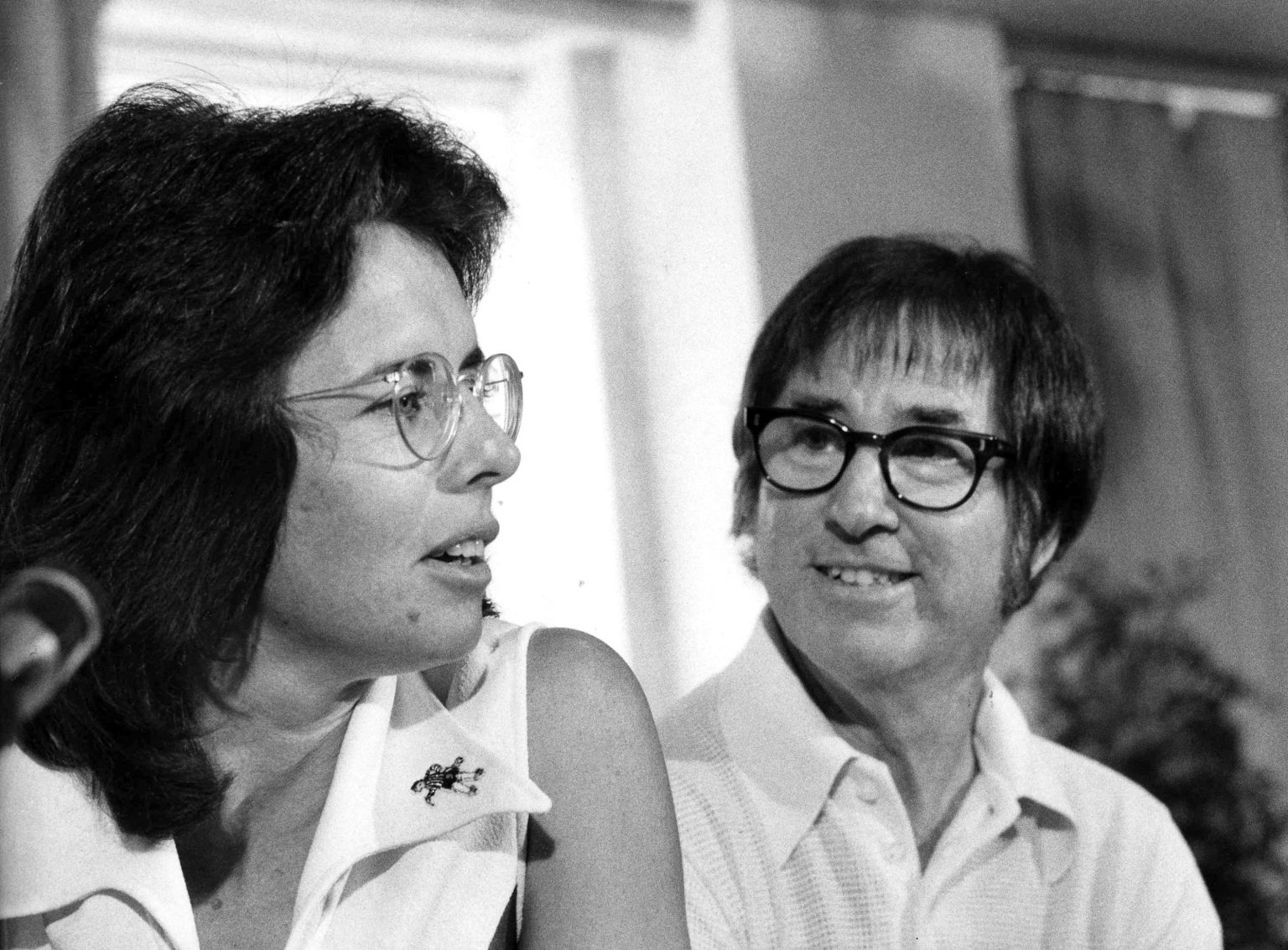On September 20, 1973, Billie Jean King made history by defeating former men’s champion Bobby Riggs in the highly publicized “Battle of the Sexes” tennis match. The event, watched by an estimated 90 million people worldwide, marked a watershed moment in the fight for women’s equality in sports. King won the match in straight sets, solidifying her status as a trailblazing female athlete whose victory resonated far beyond the tennis court. A year after the passage of the Education Amendments of 1972, which included Title IX opening up athletic opportunities for females, King’s win had significant social implications.
King, who was 29 at the time of the match, was already a dominating force in tennis, having won multiple Grand Slam championships. Riggs, 55, was a former top-ranked player and a self-proclaimed male chauvinist who had made derogatory comments about female athletes. The match between the two athletes was not just a sporting event but also a symbol of the ongoing struggle for gender equality in society. King’s victory, both on and off the court, was a moment of triumph for women athletes everywhere, showcasing their skills and determination.
The match itself was a grand spectacle with both King and Riggs engaging in pre-match theatrics to hype up the event. The likes of sportscaster Howard Cosell added to the grandeur of the occasion, making it one of the most-watched televised sporting events of all time. King’s win, not only over Riggs but over the systemic sexism and prejudice in sports, was celebrated by supporters around the world. The victory not only brought King acclaim but also a substantial financial reward of $100,000 in the winner-take-all competition.
In the aftermath of the historic match, King continued to be a vocal advocate for gender equality in sports. She lobbied for equal pay for female athletes and played a pivotal role in ensuring that major tournaments like the U.S. Open awarded the same prize money to both male and female winners. Throughout her career, King remained a trailblazer, paving the way for future generations of female athletes to achieve success and recognition. Her impact extended beyond the tennis court as she founded the Women’s Tennis Association and received numerous honors, including the Presidential Medal of Freedom.
As a symbol of resilience, determination, and perseverance, Billie Jean King’s legacy continues to inspire people around the world. In her autobiography, “All In,” published in 2021, King reflects on her journey from a young girl with big dreams to becoming the No. 1 tennis player in the world and a leading advocate for gender equality in sports. Her story serves as a reminder of the power of belief, hard work, and overcoming obstacles to achieve greatness. King’s influence transcends sports, leaving a lasting impact on the fight for equality and empowerment for all individuals.


